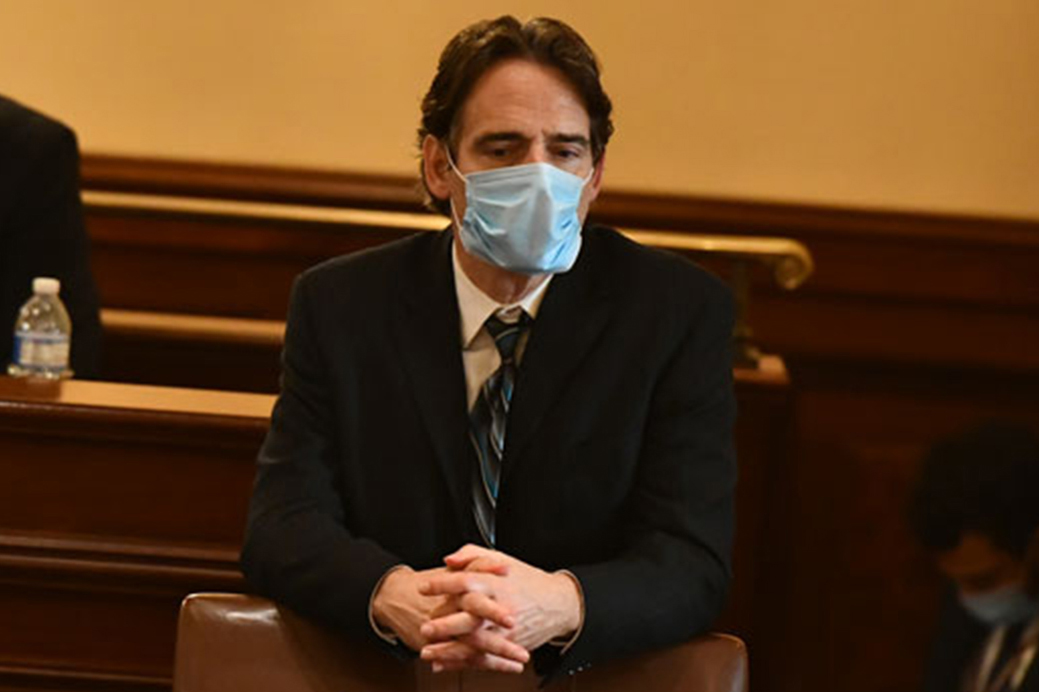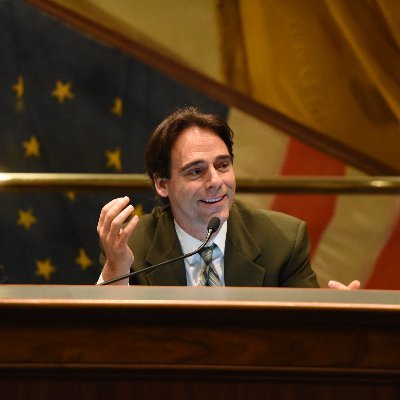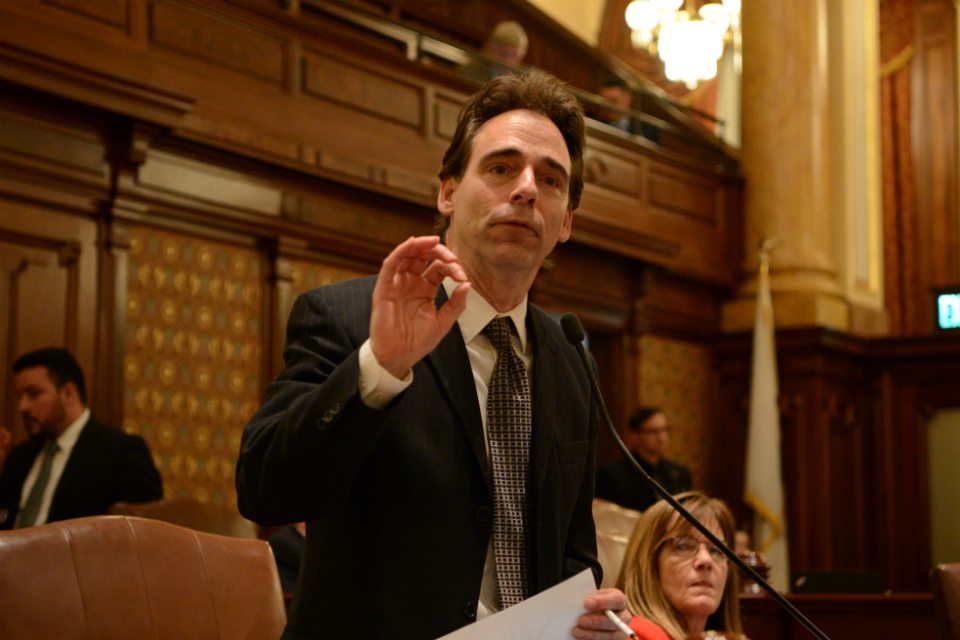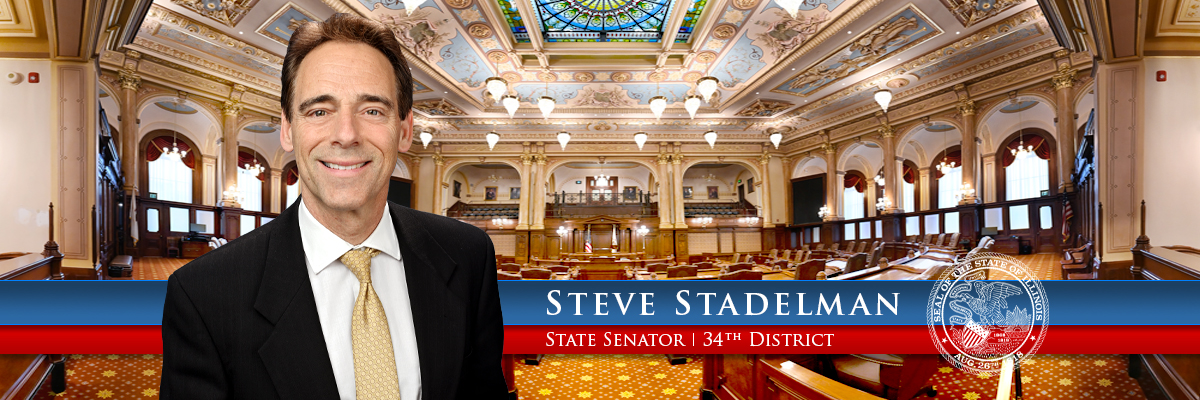- Details
- Category: Press Releases

ROCKFORD - State Senator Steve Stadelman (D-Rockford) released the following statement after the Illinois Gaming Board’s decision to preliminarily approve the Rockford Hardrock Casino Thursday:
“I’m pleased with the gaming board’s decision to preliminarily approve the Rockford Casino. This project will bring millions of dollars in revenue and thousands of jobs to the greater Rockford area.”
“I look forward to continuing to work with the gaming board as we take another step forward in this process.”
- Details
- Category: Press Releases
 ROCKFORD – The Illinois Criminal Justice Information Authority (ICJIA) has announced a series of grants to organizations in communities to reverse decades of disinvestment. State Senator Steve Stadelman (D-Rockford) was pleased that Rockford-area organizations received more than $1.5 million for programs to boost economic development and prevent violence.
ROCKFORD – The Illinois Criminal Justice Information Authority (ICJIA) has announced a series of grants to organizations in communities to reverse decades of disinvestment. State Senator Steve Stadelman (D-Rockford) was pleased that Rockford-area organizations received more than $1.5 million for programs to boost economic development and prevent violence.
“The organizations who will receive the funds do great work that help boost up and support disadvantaged communities," Stadelman said. "I would like to commend them for all the good they do and congratulate them for earing the grants, and I look forward to seeing the additional help they’ll now be able to provide.”
- Details
- Category: Press Releases

SPRINGFIELD – State Senator Steve Stadelman (D-Rockford) was sworn in to serve the 34th Senate District for another term Wednesday.
Stadelman, from the greater Rockford area, was originally elected to serve in the General Assembly in November 2012. Previously, he worked as a professional journalist and reporter in the Rockford area for two decades.
Over the past eight years, Stadelman has fought for education reform, to bring an Amtrak route to Rockford, to help upgrade local youth sports facilities, to protect Illinois’ consumers, to help abuse victims and to fight for college students.
“It’s an incredible honor to continue to serve the Rockford area,” Stadelman said. “I look forward to getting back to work to help the people of Rockford and the state of Illinois as we continue to face this public health crisis.”
Stadelman’s district office is located at 200 S. Wyman St., Suite 301, in Rockford. People can contact his office at (815) 987-7557, or at www.senatorstadelman.com.
- Details
- Category: Press Releases

SPRINGFIELD – State Senator Steve Stadelman (D-Rockford) voted for a comprehensive measure to focus on achieving racial equity within education Monday.
“When you focus on making a more inclusive education system, everyone benefits,” Stadelman said. “This legislation will help even the playing field for students who may need additional resources.”
The overhaul of the state’s education system will require the Professional Review Panel to review funding adequacy target calculations, racial equity, and whether funding goals are sufficient, among other things.
“There is no excuse for any child in the state to not reach their full potential solely because their ZIP code, socioeconomic background or the color of their skin,” Stadelman said. “Providing necessary services at an early age will ensure better educational outcomes for the entire state.”
The bill creates new programs to support education from early childhood to college. Students entering kindergarten would be more rigorously assessed for academic, social and emotional development skills. The state's standards for high schools would be revised to ensure more students are able to attend college. Other measures include a six-week summer program to help students in poverty and the creation of a task force to support equitable environments in Illinois schools.
The measure, House Bill 2170, has passes both chambers. It will now go to the governor’s desk for further consideration.
More Articles …
Page 60 of 112




